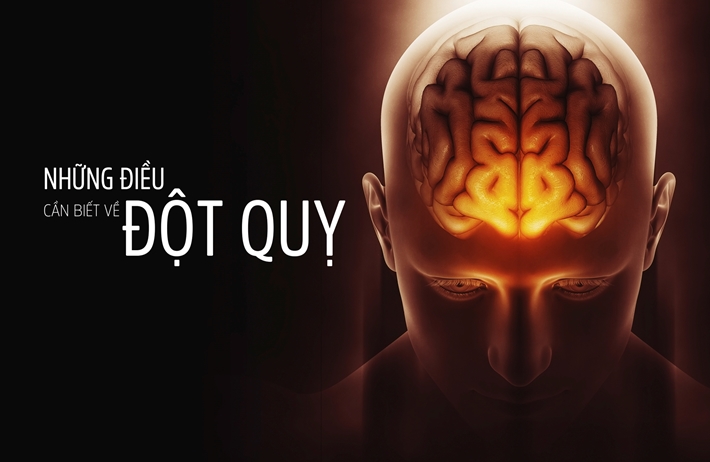What to Do If Your Loved One Has a Stroke (Part 1 - Understanding Stroke)

1/17/2018 9:26:05 AM
Approximately 200,000 strokes are reported in Vietnam each year and about 50% of the sufferers die as a result, the rest surviving and living with serious, long-term disabilities.
What is a stroke?
A stroke, sometimes called a “brain attack,” occurs when blood flow to the brain is interrupted. When this happens, brain cells in the immediate area begin to die because they stop getting the oxygen and nutrients they need.
What disabilities can result from a stroke?
Although stroke is an injury to the brain, a stroke can affect the entire body. The effects of a stroke range from mild to severe and can include paralysis, problems with thinking, problems with speaking and emotional problems. Patients may also experience pain or numbness after a stroke. Fifty to 70 percent of stroke survivors regain some functional independence, but 15 to 30 percent are seriously disabled.
What causes a stroke?
- Ischemic stroke (80%, most common): is caused by a blockage of blood vessels in the neck or brain, most often caused by a blood clot or severe narrowing of the blood vessels.
- Hemorrhagic stroke (20%, second most common): is caused by a blood vessel in the brain that breaks and bleeds into the brain.
Symptoms
- Sudden weakness or numbness on one side (face, arm, leg)
- Sudden trouble walking, dizziness, loss of balance or coordination
- Sudden trouble seeing in one or both eyes
- Sudden trouble speaking, confusion or understanding speech
- Sudden severe headache with no known cause
Because stroke injures the brain, you may not realise that you are having a stroke. To a bystander, someone having a stroke may just look unaware or confused. Stroke victims have the best chance if someone around them recognises the symptoms and acts quickly. Don’t wait for the symptoms to improve or worsen. Call 113 immediately. Making the decision to call for medical help can make the difference in avoiding a lifelong disability.
Who is at risk for stroke?
Certain people are at a higher risk of having a stroke than others. Advancing age is the primary risk factor for stroke. Nearly three-quarters of all strokes occur in people over the age of 65 and the risk of having a stroke more than doubles each decade after the age of 55. The stroke risk for men is slightly higher than that for women. But more women die from stroke because, in general, women have strokes at older ages.
The risk of stroke is also higher for smokers and for people who have diabetes, heart disease, high blood pressure, a heart condition known as atrial fibrillation, sickle cell disease, high cholesterol, physical inactivity, obesity or a family history of stroke.
What can you do to prevent a stroke?
If you have high blood pressure, work with your doctor to get it under control. Many people do not realise they have high blood pressure, which usually produces no symptoms but is a major risk factor for heart disease and stroke. Managing your high blood pressure is the most important thing you can do to avoid stroke.
Treat high cholesterol! Too much cholesterol in your blood can build up on artery walls, putting you at risk for stroke.
If you smoke, quit. Cigarette smoking can double your risk of stroke by damaging blood vessels or causing them to narrow and thicken. Heavy alcohol consumption is also a risk for stroke.
If you have diabetes, learn how to manage it. As with high blood pressure, diabetes usually causes no symptoms but it increases the chance of stroke.
If you are overweight, start maintaining a healthy diet and exercising regularly. A diet rich in fruits and vegetables and low in sodium and saturated fat can improve your health.